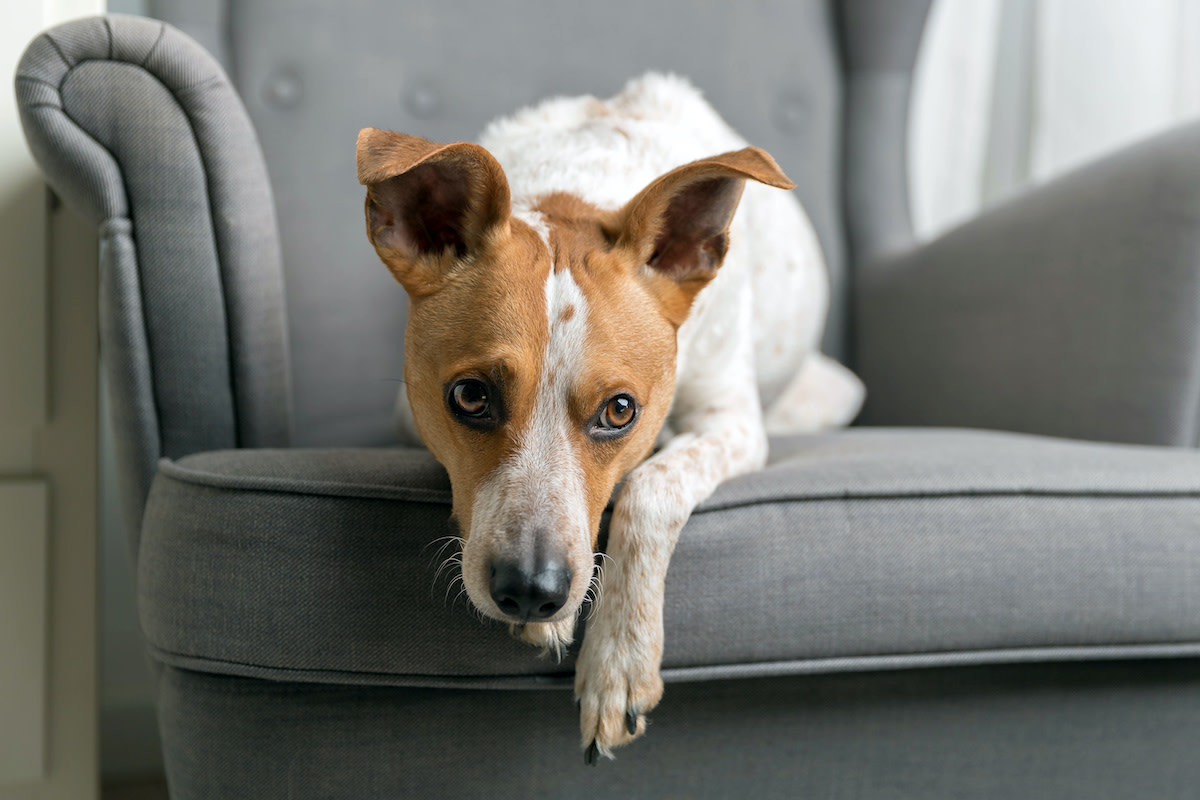Are Nuts Bad for Dogs? Unsafe and Safe Nuts for Dogs
Written by MasterClass
Last updated: Jun 3, 2022 • 4 min read
You can feed small portions of dog-safe nuts and nut butters to your canine companion, but too many nuts or a few toxic nuts could cause your pet to develop serious health problems. Read on to learn which nuts you can feed your dog and which ones you should avoid.
Learn From the Best
Can Dogs Eat Nuts?
Canines can eat small quantities of certain types of nuts and dog-safe nut butters. Some nuts are actually toxic to dogs, so do your research to determine whether a specific nut is safe for your dog to eat. It’s a good idea to start with an extra-small portion and closely monitor your pet for symptoms of intolerance or allergic reactions.
Many nuts and legumes have a high fat content; therefore, even if a nut is not toxic to a dog, there is still the risk of weight gain and related complications if a dog eats too many nuts. To avoid your pet developing obesity-related health problems, feed them unsalted nuts sparingly. Remember that human foods—including fruits, vegetables, and nuts—should never comprise more than ten percent of your dog's diet. Never feed your dog nuts as a replacement for their regular dog food.
Nuts That Are Not Toxic to Dogs
Some nuts are toxic to dogs and you should avoid giving them to your pet. Others are not toxic but could still pose health risks if your dog consumes them in large quantities or if they have a specific allergy or intolerance. If you’re certain your dog handles nuts well, here are a few nuts that are not toxic to dogs that your pet might enjoy in small amounts:
- Almonds: Dogs can eat almonds and almond butter in moderation if the mixture is free of added preservatives, salt, seasonings, and sweeteners. Look for almonds and almond butter that include only ground raw or roasted almonds and avoid additives like salt, sugar, or the artificial sweetener xylitol, which is toxic to dogs.
- Cashews: Roasted cashews can be a source of protein and dietary fiber for your dog; however, ingesting large quantities of raw cashews can cause your pet to develop severe gastrointestinal problems, so use caution and always roast the cashews first.
- Peanuts: Raw peanuts or raw peanut butter can be a nutritious snacks for dogs; however, you should refrain from feeding your dog storebought peanut butter since some commercial peanut butter brands contain xylitol, which is toxic to canines.
- Pistachios: These nuts contain antioxidants, vitamins, and minerals that can be beneficial to humans and dogs. Pistachios are a good source of potassium, iron, and calcium. They’re also high in vitamin K, E, and B6. They are high-fiber nuts that contain fatty acids and proteins. While these things are beneficial to your dog’s health, the risks of feeding your dog pistachios might still outweigh the possible rewards since the food might contain sodium, harmful mold, and high phosphorus levels, all of which are bad for dogs.
4 Nuts That Are Toxic to Dogs
While all nuts can be dangerous to dogs in large quantities, some nuts are outright toxic even in small amounts. Here are four nuts that can cause severe health complications for your pet:
- 1. Hazelnuts: In addition to being high in fat, which could lead to unnecessary weight gain, hazelnuts contain tremorgenic mycotoxins. These toxins will damage your dog's neurological system.
- 2. Hickory nuts: Several toxins in hickory nuts can damage your pet's cells and cause severe neurological issues. These toxins typically originate in molds, which can lead to aflatoxin poisoning.
- 3. Macadamia nuts: Canine ingestion of macadamia nuts can lead to depression, muscle weakness, and gastrointestinal issues.
- 4. Walnuts: Moldy pecans and walnuts, including black walnuts and English walnuts, can contain a toxin known as juglone, which could cause your dog to develop seizures and neurological disorders. Like chestnuts, Brazil nuts, and other large nuts, walnuts also pose a severe choking hazard or could become lodged in a canine's digestive system.
Symptoms to Watch Out for if Your Dog Eats Nuts
Monitor your dog closely after they consume a nut for the first time or if they accidentally eat nuts since even dog-safe nuts and legumes could pose a risk to your specific pet's health. Here are signs to check for after your dog eats nuts:
- Choking: Break nuts into smaller, more manageable pieces, if possible, before feeding them to your dog. Nuts can be difficult for your dog to chew, and larger nuts could become lodged in your dog's airway.
- Constipation: Nuts and legumes are difficult for a dog to digest. Intestinal obstruction, blockages, or stomach upset could occur if your pet consumes large quantities of nuts in a single sitting. Although constipation will often resolve on its own, consult your veterinarian if your dog does not continue with regular bowel movements after a few days.
- Pancreatitis: Nuts are high in fat, which can contribute to rapid weight gain. Canine obesity can lead to several health issues, including joint pain, high blood pressure, and inflammation of the pancreas. Pancreatitis can lead to liver failure and other severe health issues.
Before Sharing With Your Pooch
Certain human foods can cause adverse reactions in canines, so always consult your veterinarian to determine whether it is safe to add these foods to your pet’s diet. This article is for educational and informational purposes and is not a substitute for medical or dietary advice.
Want to Learn More About Training the Goodest Boy or Girl?
Your dream of having a dog who understands words like “sit,” “stay,” “down,” and—crucially— “no” is just a MasterClass Annual Membership away. The only things you’ll need to train up a well-behaved pup are your laptop, a big bag of treats, and our exclusive instructional videos from superstar animal trainer Brandon McMillan.
